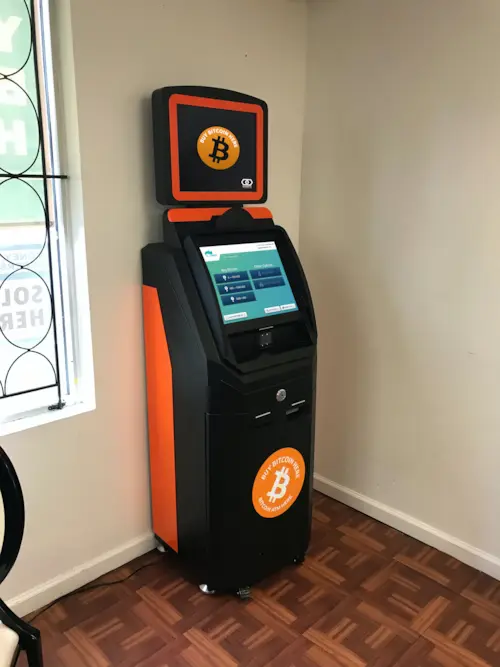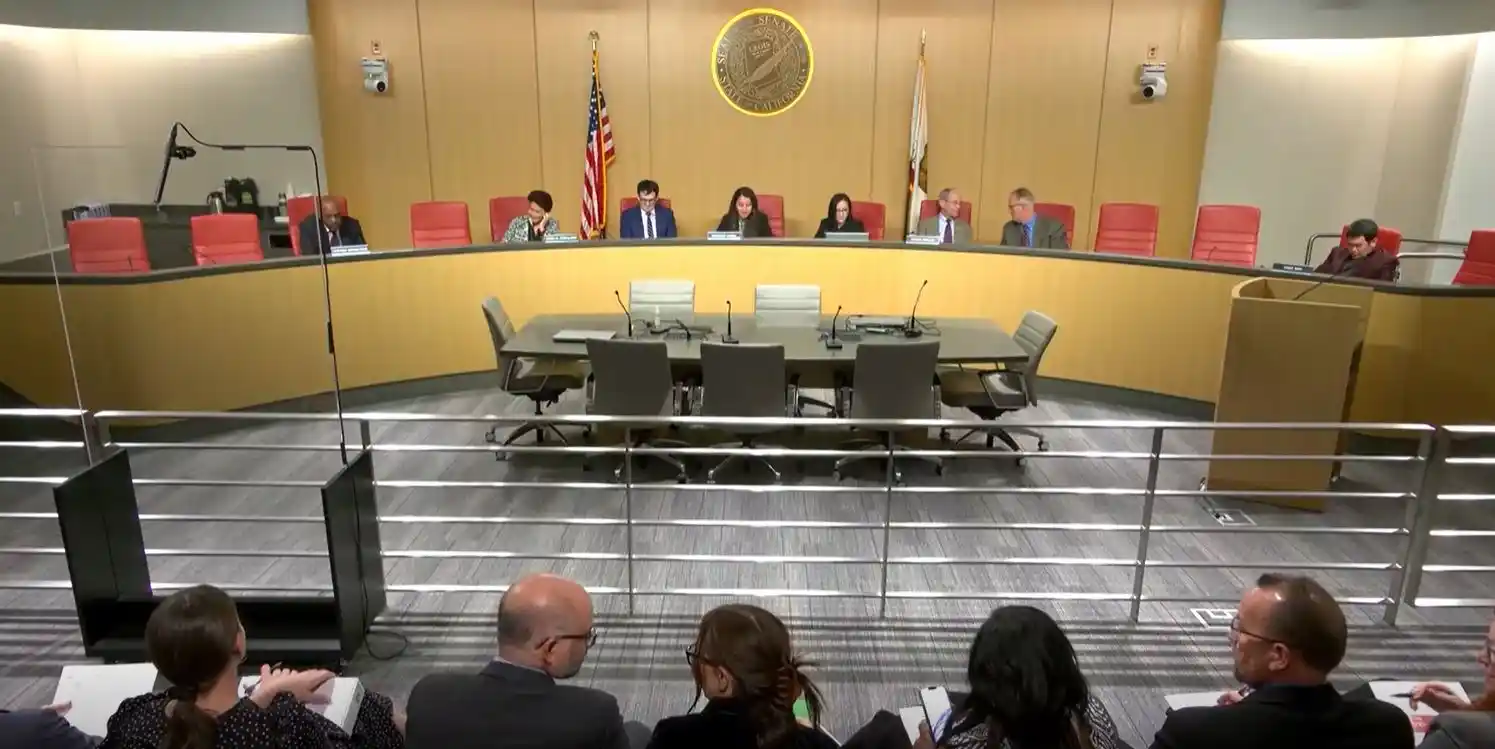One of the most challenging things about cryptocurrency compliance is the fact that MSB/money transmitters not only need to observe federal regulations but every individual state’s unique financial regulations as well.
This might not be that bad if you’re just opening a single crypto ATM in your town, but if you expand to other states, or mount a larger venture like an exchange that will potentially do business in all 50 states, things get complicated fast.
Even more complicated, most states in the U.S. have a “no action” position on cryptocurrency, which means they don’t have any specific regulations for cryptocurrency financial institutions to follow.
This probably leaves you with a bunch of questions. Foremost among them, how do you know whether or not a state you want to operate in requires a cryptocurrency money transmitter license (MTL)?
Additionally, how can you find out what other regulations the state(s) require? Can you find this information via Google, or (hint hint) do you need a formal determination in writing from a state regulatory agency before you open for business? How often should you follow up with regulators to see if laws have changed? Will you be notified ahead of time if new laws and state regulations on cryptocurrency are being considered?
The bottom line is this: Keeping track of your state licensure is your responsibility. Period.
But don’t worry. This post will help answer some of the broad questions about cryptocurrency MTL and preview BitAML’s tool for helping cryptocurrency businesses manage state licensure.
The Difference Between Federal And State Regarding Cryptocurrency MTL
Currently, the federal government requires companies that conduct a significant amount of business in exchanging or transmitting cryptocurrencies to register with the Financial Crimes Enforcement Network (FinCEN) as an MSB.
Each company needs to keep and submit records to FinCEN such as Suspicious Activity Reports (SARs) and Currency Transaction Reports (CTRs) for transactions over $10,000. Every company also has to design and implement an anti-money laundering (AML) compliance program.
Depending on which state you are located or doing business in, there may be other requirements. In fact, many states have their own laws and regulations specifying how they treat cryptocurrencies.
Whereas many states exclude cryptocurrency from their money transmission requirements (so-called “no action” states), an increasing number are treating cryptocurrencies as equal to fiat cash. As a result, those states require MSBs and money transmitters to obtain a money transmitter license (MTL).
But how do you know if your state(s) require a cryptocurrency money transmitter license?
Which States Require An MTL License?
As previously mentioned, although some states require businesses dealing with cryptocurrency to be licensed, most states have general regulations or no laws at all. Even if a state does not regulate cryptocurrency businesses, companies may need to get MTL licensure if they exchange cryptocurrency for fiat money.
This is not something you can leave to a Google search, or learn second-hand. In every state you wish to operate, you must contact the licensing authority for a formal determination (in writing) as to whether you need an MTL.
Because legislation may change (without warning, we might add) as states clarify their treatment of cryptocurrency, you need to follow up frequently with your contacts with the state regulators to ensure your MTL licensure, and thus AML compliance, are up-to-date.
In every state you wish to operate, you must contact the licensing authority for a formal determination.
We can’t emphasize this enough: because federal law prohibits operating as an unlicensed money transmitter business, violation of a state law involving MTL licensure can result in violation of federal law.
Since the state licensing process widely varies, consult each state’s Department of Revenue or other licensing bodies to determine whether you need an MTL license to conduct business.
If there is any doubt as to whether a particular state requires MTL licensure and you’re not sure where to start, you can contact the compliance experts at BitAML.
Check State Government Regulations
In addition to complying with federal regulations, your cryptocurrency business needs to meet the standards set by the state(s) where you do business. Since cryptocurrency regulation varies by state, you need to know the details wherever you intend to operate.
 For instance, setting up a cryptocurrency ATM in New York means that you have to meet the state’s BitLicense requirements. A BitLicense is the business license the New York State Department of Financial Services issues for those engaging in cryptocurrency activities.
For instance, setting up a cryptocurrency ATM in New York means that you have to meet the state’s BitLicense requirements. A BitLicense is the business license the New York State Department of Financial Services issues for those engaging in cryptocurrency activities.
Meeting BitLicense requirements is challenging. You may invest significant time and resources collecting all of the required information for the lengthy application, passing the detailed background check, and constructing policies across multiple risk management disciplines beyond AML.
Meeting one standard is challenging enough, but New York is only one among 50 U.S. states. Each state has the authority to set its own rules and enforce their own licensing and compliance laws.
Fortunately, the goal of each state is the same: consumer protection. This means making sure companies comply with AML compliance standards, Know Your Customer (KYC) best practices, and data security. If you do those things well, you’re off to a great start no matter which state(s) you do business in.
How Do I Determine A State’s Requirements?
We can’t emphasize this enough: You cannot rely on information you have seen or heard secondhand. Rather, directly contact the state’s financial regulatory authority to find out what is required and under which circumstances.
State regulators are generally open to these conversations , with some providing feedback in a relatively short period of time. Document your conversation in your AML program. Include whom you spoke with, when, and what was discussed.
Again, always get decisions in writing. You must ensure you meet relevant standards and protect your business from sudden changes in state leadership or compliance requirements.
Key Takeaways For Crypto Businesses
If your cryptocurrency MSB/money transmitter operates in any of the United States, you may need MTL licensure. Requirements vary by state and may be very stringent, as in New York, very loose, as in Montana, or somewhere in between.
Always check with each state’s financial regulatory authority to determine whether you need an MTL license and what the requirements are to obtain one.
You can also try ComplyFit to help track your MTL licensure requirements in each state. This tool is built and supported by BitAML to help MSB/money transmitters track MTL licensure.
If you need professional assistance working with both federal and state compliance requirements, we’re here to help. Schedule a free consultation.


